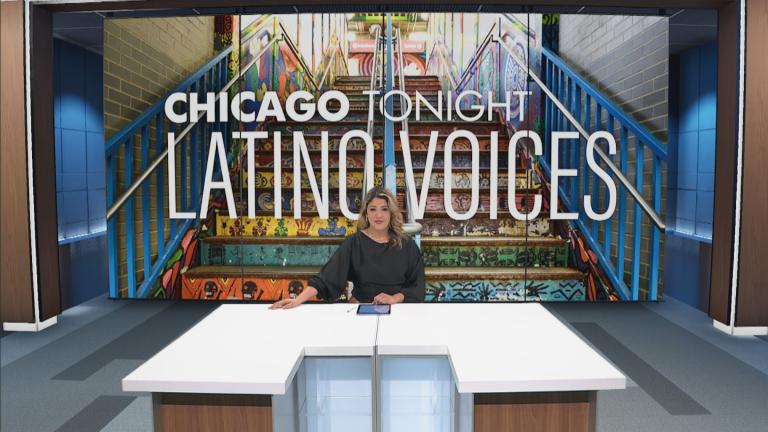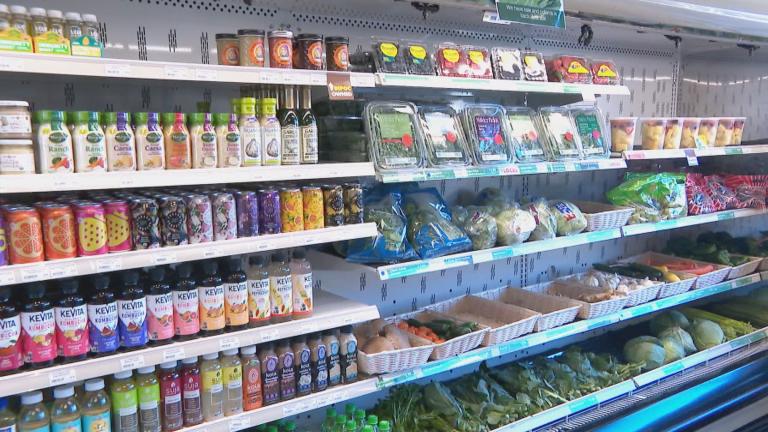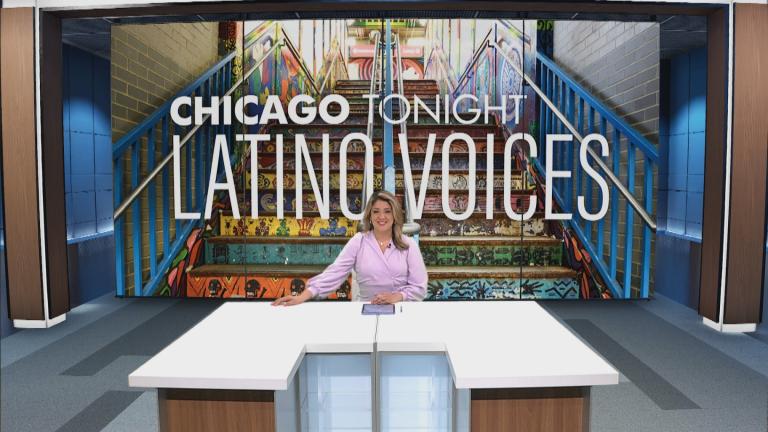Survivors of domestic violence deal with trauma on a daily basis, but they also face challenges related to financial abuse.
Mujeres Latinas En Acción, a Chicago organization that serves women who have experienced sexual abuse and domestic violence, launched a Survivors’ Financial Wellness program in efforts to help women who have trouble managing money after damaging relationships.
The initiative will be a part of the organization’s second entrepreneurial program called Empresarias del Futuro, which also aims to provide women with financial literacy tools.
“[Survivors] have no control of their finances and are limited to resources and financial services,” Lupe Ceniceros, a director for the Survivors’ Financial Wellness program. “When they leave an abusive relationship, they don’t know how to manage their finances. So, when we saw this happening to many of the participants that came to our agency, we saw an opportunity to get help from the Allstate Foundation.”
Through the program, current members can connect with financial coaches to create a savings plan, but as Ceniceros said, that savings plan should have an incentive. So, Mujeres Latinas En Acción proposed to offer a grant of $500 to help women start a small business.
“This is a really great program because it not only offers financial literacy tools, but we are also able to invest money in survivors and offer them the resources when they need it,” Ceniceros said. “Most of our participants are undocumented, and they’re unable to go into the business world on their own. So, this program will offer them many opportunities without the needless barriers.”
The pandemic has made it impossible for people to achieve economic stability. With job shortages across Illinois, women are staying home and more susceptible to another pandemic: physical violence. Since the lockdown, 30,000 people have called the Illinois Domestic Violence Hotline to report abuse. But Ceniceros says the plan is to grow membership and expand resources in programming.
“People lost their jobs [during the pandemic], so [our organization] didn’t know what to do. [Our program members] didn’t know how to use money and survive during that time. I think everyone should know how to manage money,” Ceniceros said. It’s not about how much we made, but it’s how we managed. And I think that this program is very beneficial to [domestic violence survivors] because they will get the tools that they need to prosper financially.”








